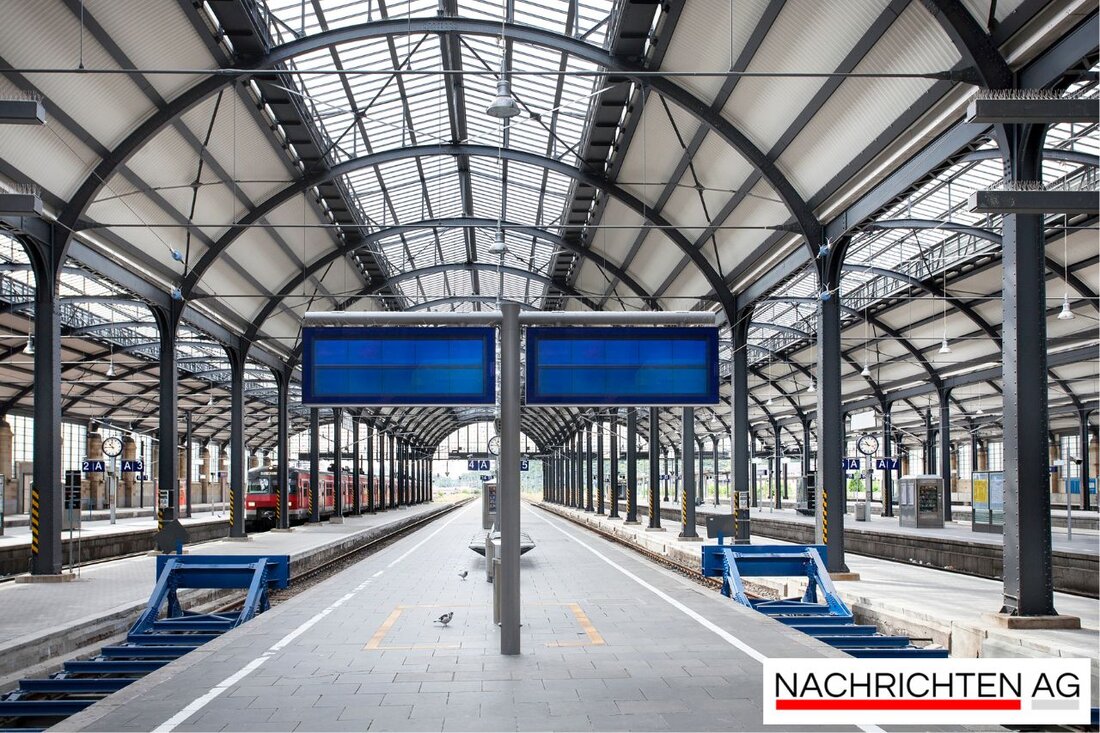Subway bridges at Gleisdreieck: demolition from 2028 – major renovation work!
Berlin plans to demolish and replace two subway bridges at Gleisdreieck from 2028. Safety deficiencies require extensive construction work.

Subway bridges at Gleisdreieck: demolition from 2028 – major renovation work!
From 2028, two subway bridges at Gleisdreieck in Berlin will have to be demolished and replaced. These bridges are part of the U1 and U3 lines and are due to be renewed due to existing safety deficiencies. The Berliner Verkehrsbetriebe (BVG) plans to invest a total of around 74 million euros in this. Around 63 million euros are earmarked for the construction of the viaduct (Structure XII), while 11 million euros will flow into the Dennewitz Bridge. The new bridges are scheduled to open in June 2030.
The construction work is extensive and will take up around 1.1 hectares of parking space. In addition, 15 trees are affected by the demolition work. The bridges were built between 1913 and 1926 and enjoy listed status. Therefore, an environmental impact assessment is necessary to move forward with the project. This slows down the approval process, which typically takes four to five years. In October 2016, significant damage to the steel structure was documented, resulting in a condition score of 3.9. Since then, the bridges have only been allowed to be driven on at a reduced speed (40 km/h).
Long-term impacts on traffic
The upcoming work is expected to result in rail replacement services lasting years, as the bridges cannot be replaced during ongoing operations. Around 57,500 passengers are affected by the renovations every day, as the Gleisdreieck underground station acts as an important transfer point between the U1, U3 and U2 lines. The BVG is faced with the challenge of maintaining local public transport during construction work and at the same time ensuring the safety of passengers.
The planned project is part of a comprehensive renovation program that includes a total of nine sub-projects with a total volume of 350 million euros. These investments are necessary to maintain the city's infrastructure in the long term and to meet the increased demand for use.
The necessity and urgency of these measures illustrate the challenges that the city of Berlin faces with regard to its transport infrastructure. Ensuring safety must always be a priority, while at the same time local public transport must be organized efficiently.

 Suche
Suche
 Mein Konto
Mein Konto
